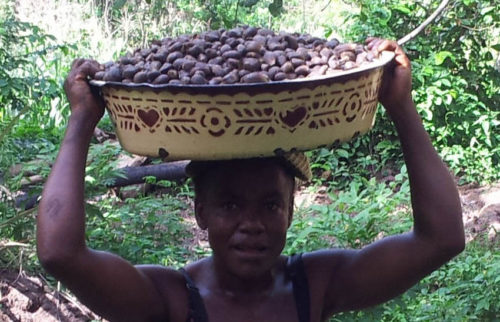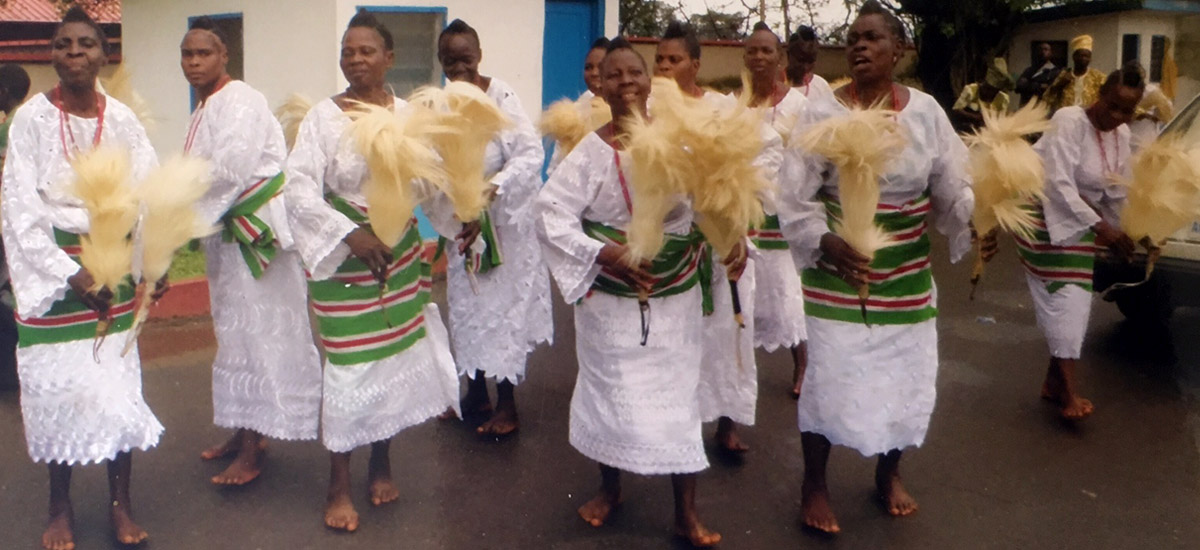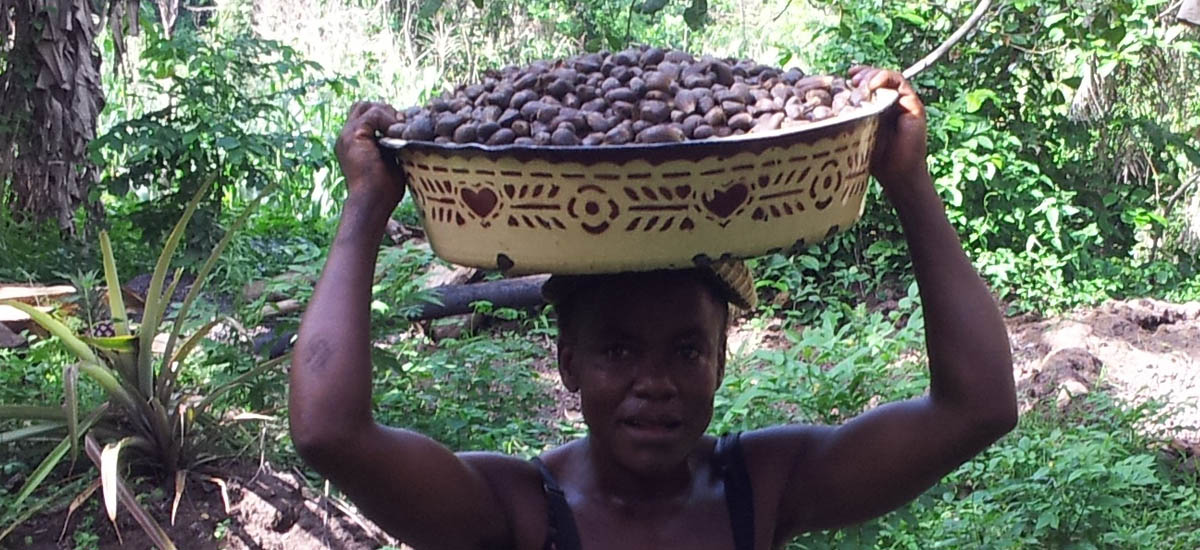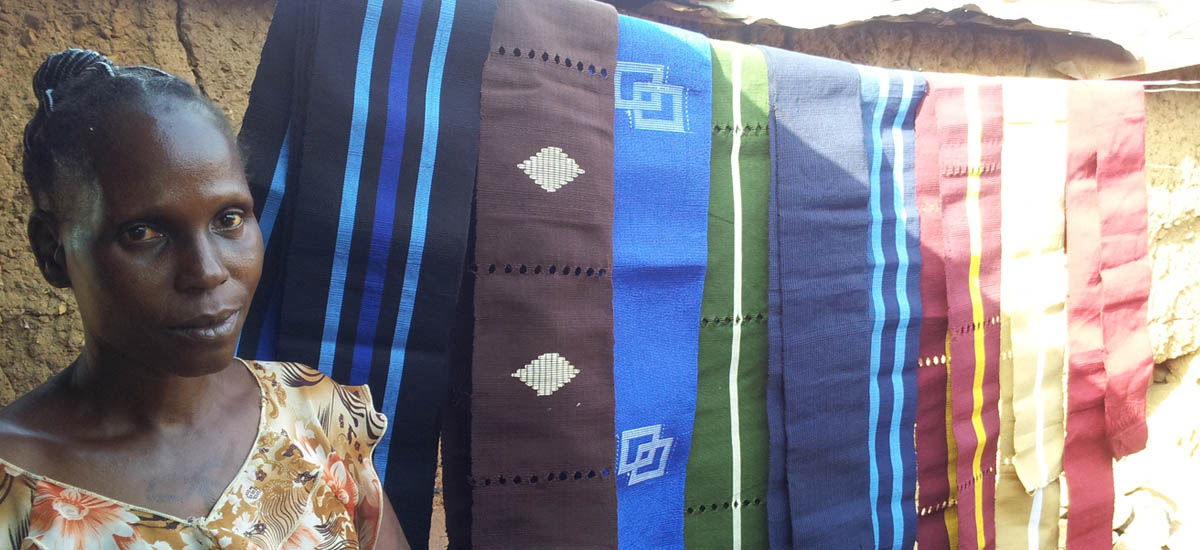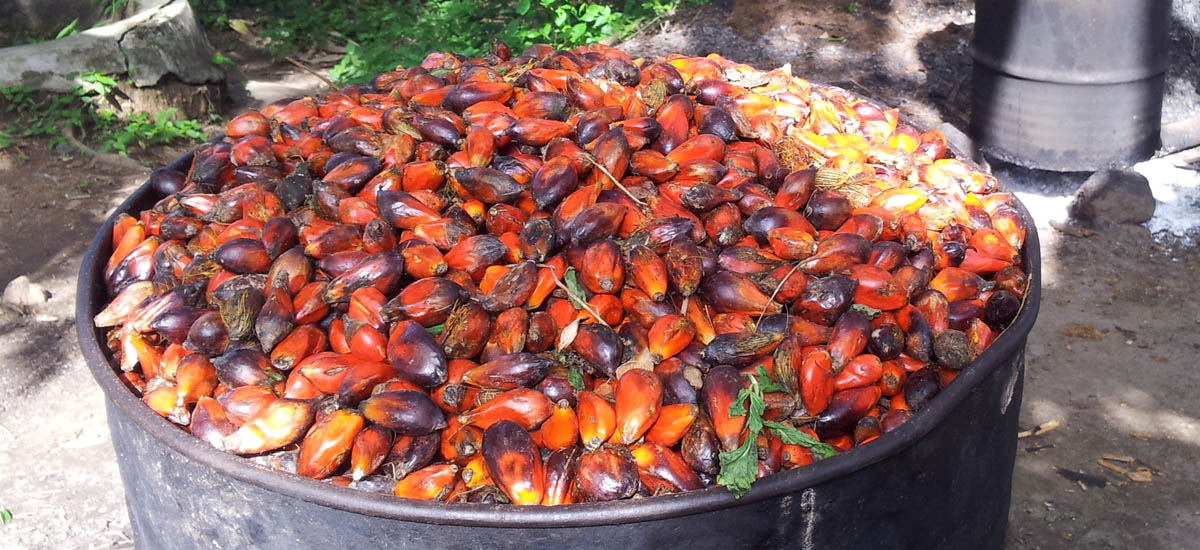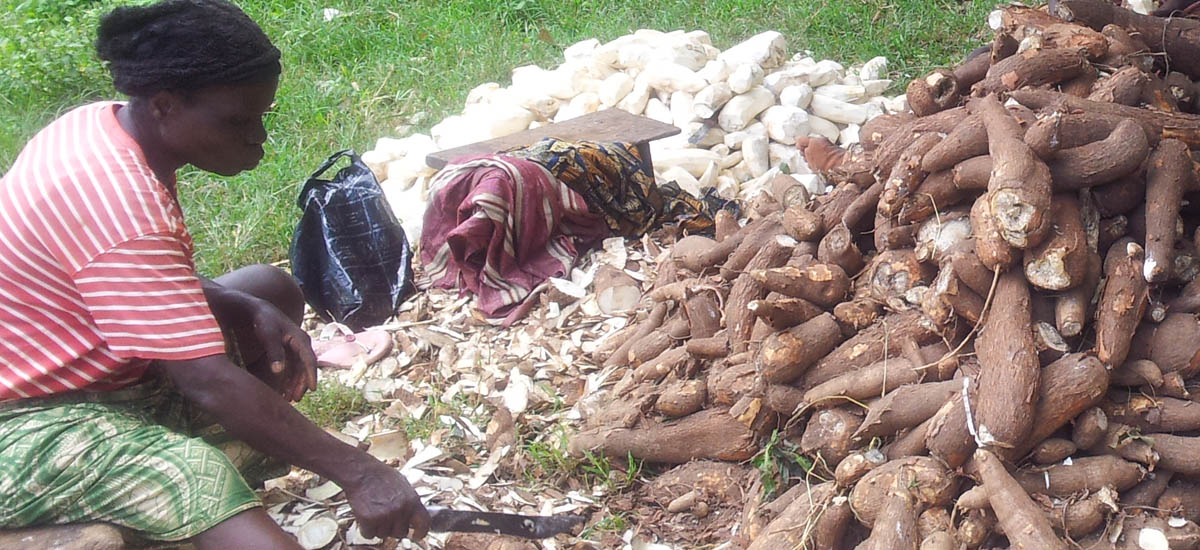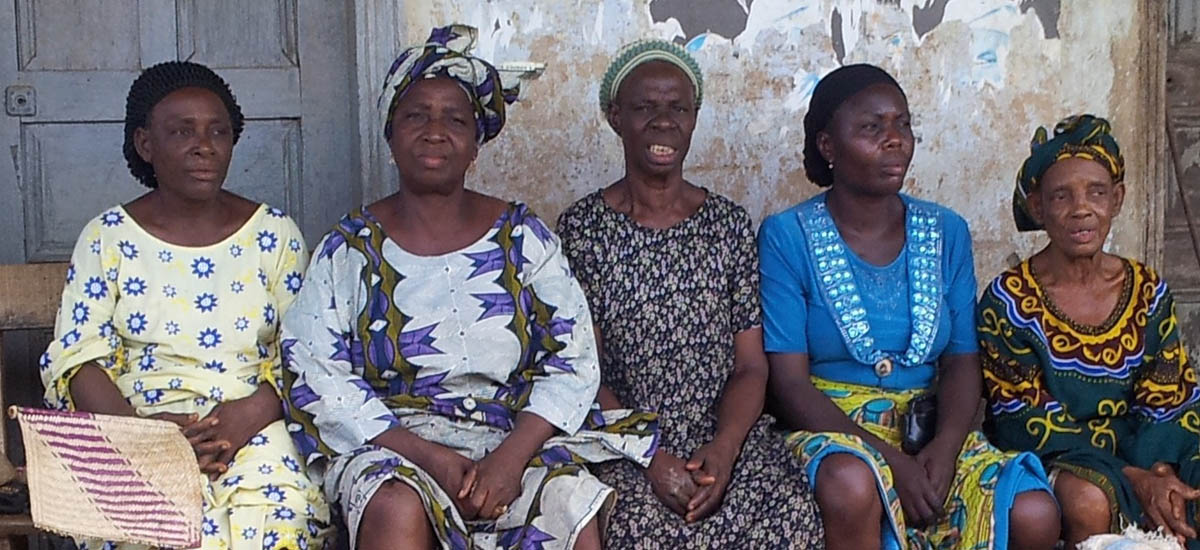Igogo-Ekiti is located on the extreme Northern part of Ekiti State. It is the headquarters of Ero Local Council Development Area of Ekiti State. Igogo Ekiti is on Longitude 5.20E of the Greenwich meridian and latitude 780N of the Equator. Igogo share common boundaries with Otun Ekiti, Aayeoja Ekiti, Ikosu Ekiti, Ijesa Modu Ekiti, Iye Ekiti, Ewu Ekiti, Isaoye Ekiti and Aiyetoro Ekiti.
It is also situated on a plain well drained fertile land. The environment is made up of deciduous forest on one part and savannah grassland in another area. There are two main seasons, the rainy and the dry seasons from the months of April to October and November to March respectively.
Three major rivers which drain the land are Ero, Okunrun and Odo Ogun. River Ero is dammed at Ikun to provide pipe borne water to major parts of Ekiti. There exist other streams and ponds which provide water for agriculture and other purposes for the people of Igogo Ekiti land.
Even though Igogo people are Ekitians, the town is a melting point of contiguous cultures like Yagba, Igbomina, Osun and Ijesha.
Igogo people are not different from other Yoruba people whose main origin is traced to Ile-Ife, the cradle of Yoruba civilization. Igogo Ekiti is generally known as Igogo Obiri. Gogo and Obiri clans are two different clans in Ile-Ife that were closely related and did things jointly. Historically, they were known to be the war champions of Ife.
It is noteworthy that both Gogo and Obiri courtyards still exist in Ile-Ife till date and maintain strong ties with Igogo Ekiti. They share the same oriki: Omo a w’oko m’erin so.
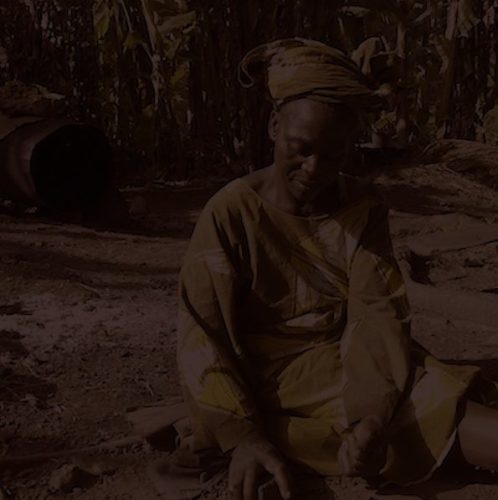
Until recently the head of Gogo courtyard at Oke Soda area of Ile-Ife was Chief Yusuf Oyewole, the Loodoko Adimula of Ile-Ife while the Oba, Sir Adesoji Aderemi, late Ooni of Ife is said to have hailed from Obiri clan.
The main occupation of the people is farming. They cultivate food crops like yam, cassava, maize, beans, vegetable, banana, kolanut, pepper, coffee. They also rear goats and fowl. Other occupations include hunting, wood carving, carpentry, blacksmithing, cloth weaving, cloth selling, tailoring, bricklaying, food processing such as gari, locust bean, palm oil, palm kernel, and shea butter making. The people are renowned for their production of gari, palm produce and kolanut, as well as for their trade in commodities.
